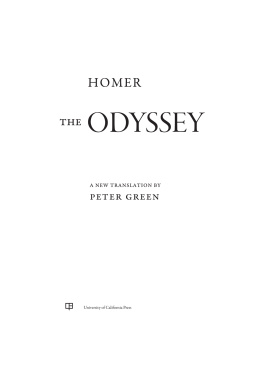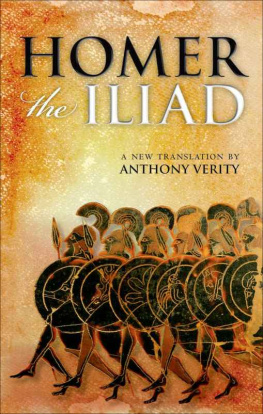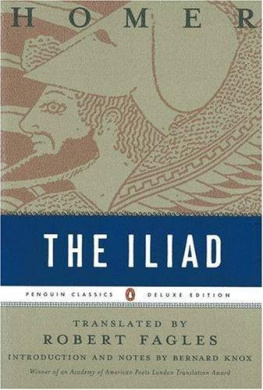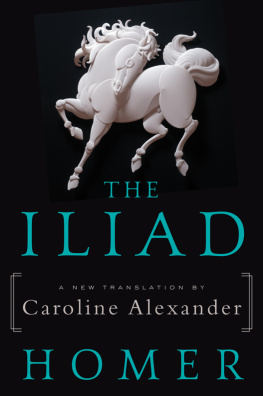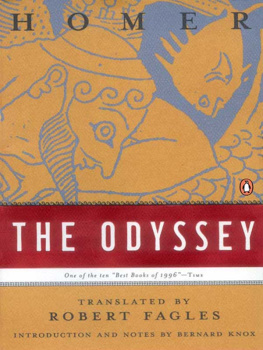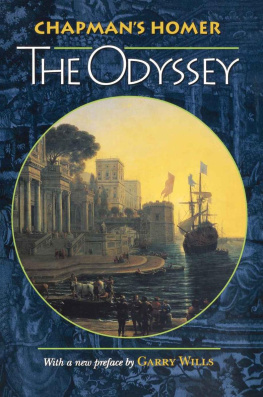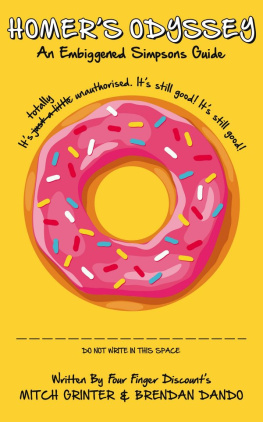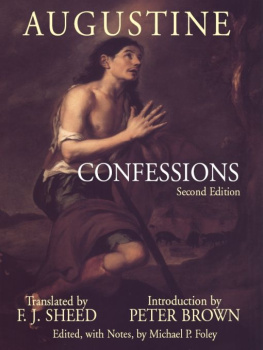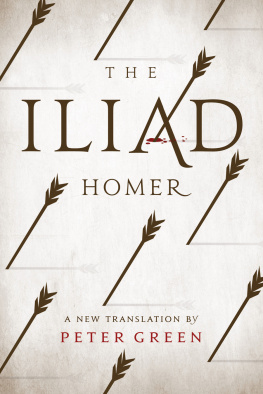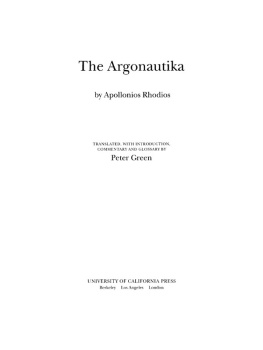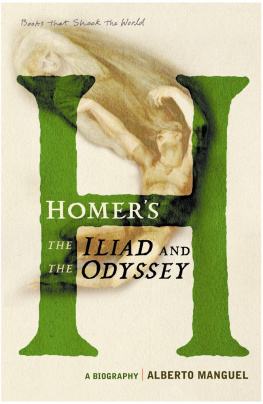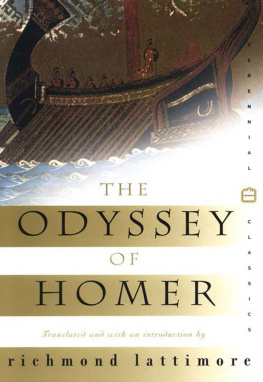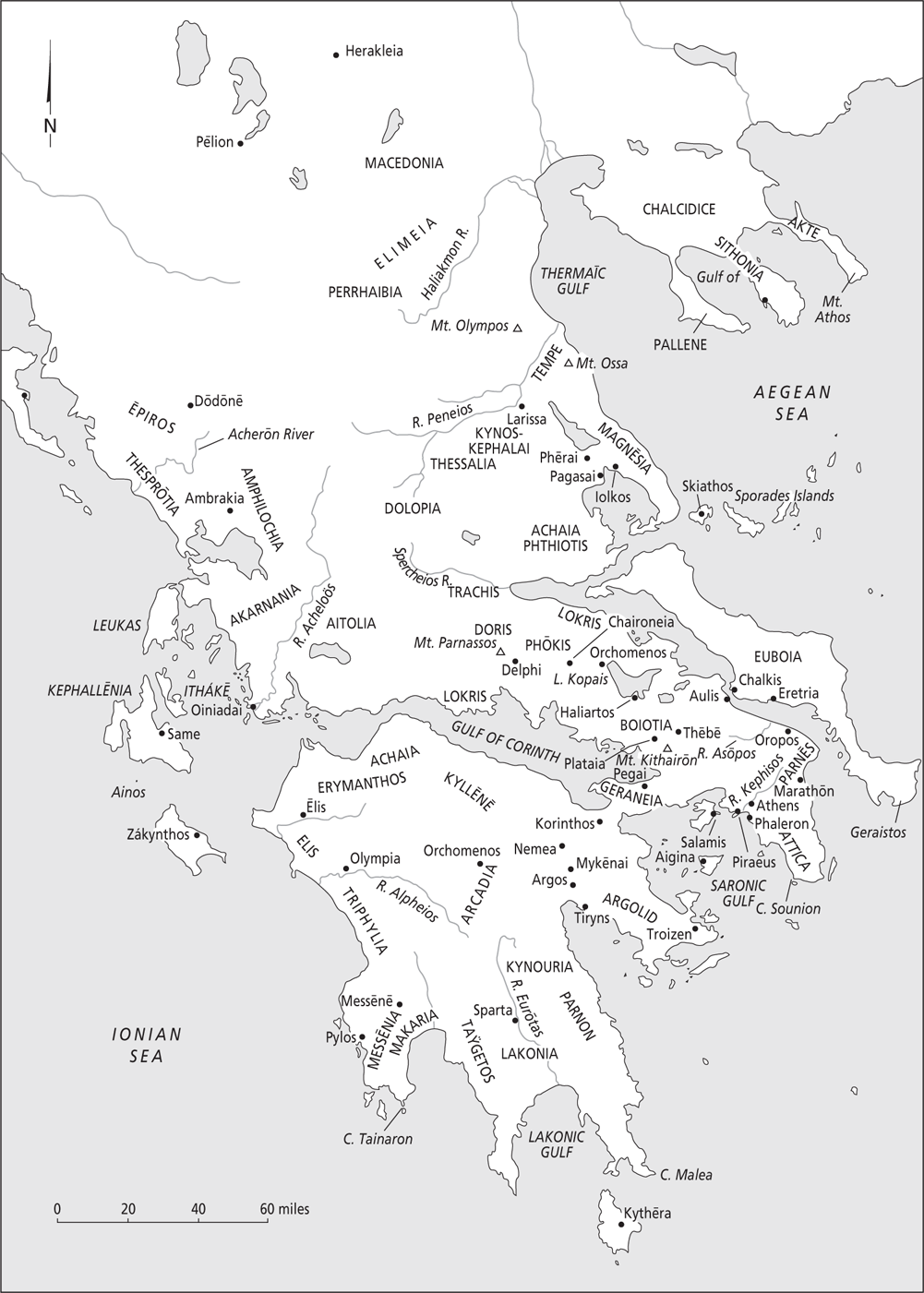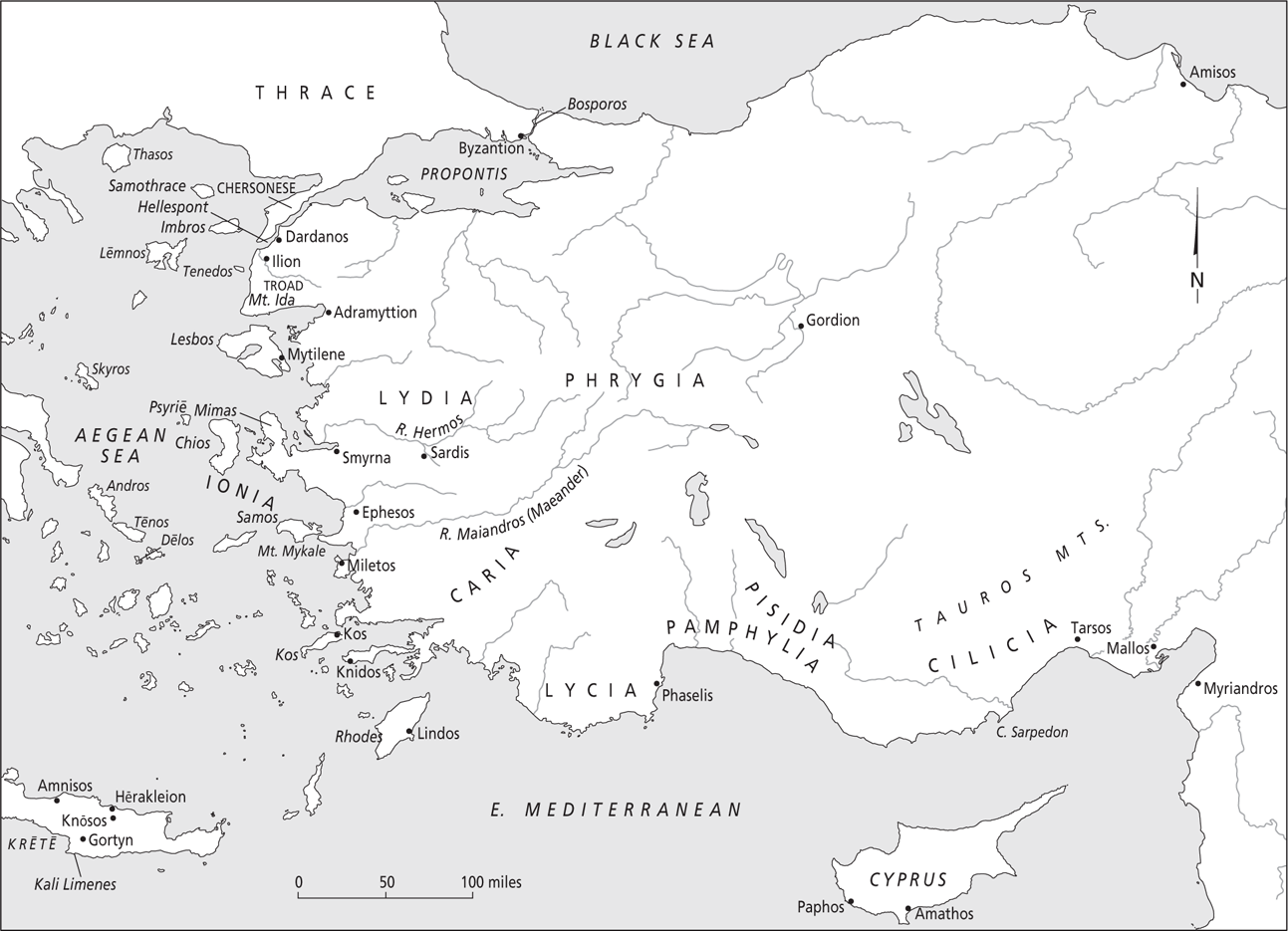The publisher and the University of California Press Foundation gratefully acknowledge the generous support of the Joan Palevsky Endowment Fund in Literature in Translation.
HOMER
THE ODYSSEY
A NEW TRANSLATION BY
PETER GREEN

UNIVERSITY OF CALIFORNIA PRESS
University of California Press, one of the most distinguished university presses in the United States, enriches lives around the world by advancing scholarship in the humanities, social sciences, and natural sciences. Its activities are supported by the UC Press Foundation and by philanthropic contributions from individuals and institutions. For more information, visit www.ucpress.edu.
University of California Press
Oakland, California
2018 by The Regents of the University of California
Library of Congress Cataloging-in-Publication Data
Names: Homer, author. | Green, Peter, translator.
Title: The Odyssey / Homer ; a new translation by Peter Green.
Other titles: Odyssey. English (Green)
Description: Oakland, California : University of California Press, [2018] | Includes bibliographical references and index.
Identifiers: LCCN 2017029463 (print) | LCCN 2017032327 (ebook) | ISBN 9780520966871 (eBook) | ISBN 9780520293632 (cloth : alk. paper)
Subjects: LCSH : Odysseus, King of Ithaca (Mythological character)Poetry. | Epic poetry, GreekTranslations into English.
Classification: LCC PA 4025. A 5 (ebook) | LCC PA 4025. A 5 G 74 2018 (print) | DDC 883/.01dc23
LC record available at https://lccn.loc.gov/2017029463
Manufactured in the United States of America
25 24 23 22 21 20 19 18
10 9 8 7 6 5 4 3 2 1
Contents
Preface
Translating Homera cherished project that I for half a century thought had been set aside far too long ever to be undertakenhas reached its conclusion for me with this book. As I came to realize when working on the Iliad, the experience gained during those many decades when I was otherwise engaged proved invaluable. Others will decide whether the wait was worth it; I can only say that I am pretty sure the result would have been much less satisfactory had I been able to embark on this task any earlier.
Ive lost count of the times over the years that I have read both poems, either with students or for my own private pleasure; but when it came to translation, each of them, the Odyssey in particular, still had some unexpected discoveries in store for me. While tackling the Iliad, I was already looking forward to moving on to its lighter, technically less formulaic and morally more individualistic sequel. I thought from my long acquaintance with their texts that the Odyssey would not only be more enjoyable but by far the easier of the two to translate. As I explain in my Introduction, however, I was in for a considerable surprise. I found as translator that the Odyssey was a far more challenging, demanding, and ambiguous proposition both conceptually and linguistically. From start to finish, I had to work far harder, not only to find the mot juste, but also not seldomand a good deal more often than in the Iliad simply to nail down with any precision what the Greek was in fact attempting to convey. This does not imply a very flattering picture of my prior grasp of the text; but I comfort myself with the old translators truism that however many times you have read a foreign classic, you only begin to really understand it when you apply yourself seriously to its reproduction in your own language.
A deep personal loss has had an incalculable effect on the present work. For over forty years, everything I have written has benefited more than I can easily express from an ongoing mutual discussion of the progress of our respective areas of work with Carin, my late, and sorely missed, wife, best friend, fellow classicist, colleague, and treasured critic. This book has had neither the stimulus of her ideas nor the wise restraint of her advice, and I am only too well aware of how much it has lost in consequence. She knew and loved the Odyssey , and Id like to think she might have enjoyed this translation.
Acknowledgments
My acknowledgments, as always, are few but heartfelt. I owe a sizable debt to the late Martin West, from whose wise insights, not least in his last published book, The Making of the Odyssey, my own work has benefited so much. I am grateful, as always, to the University of California Press, which for many years has patiently put up with my oddities, for once more taking a chance on a Homeric translation from so unpredictableand now solidly nonagenarianan author. My thanks yet again to Peter Dreyer, copy-editor and long-time friend, for ironing out my inevitable inconsistencies, and to Paul Psoinos for his erudite and ultra-careful proofreading, a thankless task that too often goes unthanked. Another dear friend, Barbara Hird, has not only endowed my Odyssey , as she did my Iliad , with a superb index, but has more than lived up to her well-earned reputation for saving us from embarrassing disasters. Last, but very far from least, my treasured in-house editors, Eric Schmidt and Cindy Fulton, have kept things going smoothly even at times when such disasters seemed inevitable and more than once saved me tactfully from my more than usually absent-minded errors. To have had such clever and amiable people once more working on my behalf has been a rare privilege and pleasure.
Map 2. Asia Minor and the Eastern Mediterranean
Abbreviations
Ael. | Claudius Aelianus (c. 170c. 230 C.E. ), a Roman freedman from Praeneste, writer (in Greek) of miscellanies |
NA | Ael., On the Nature of Animals |
Aesch. | Aeschylus (525456/5 b.c.e.), Greek tragedian |
Eum. | Aesch., Eumenides |
Aeth. | Aethiopis: Lost Cyclic epic sequel by Arktinos of Miltos to the Iliad, ending with the death of Achills; summary and fragments survive |
Apollod. | Apollodorus of Athens, grammarian (c. 180c. 120 B.C.E. ); certainly not, however, the author of the Bibliothk ( Library ), a manual of mythology attributed to him, by a (probably) near-contemporary forger |
Epit. | Epitome to Apollod., Bibliothk |
Ap. Rhod. | Apollonius Rhodius, Hellenistic author of the epic poem Argonautika |
Arg. | Ap. Rhod., Argonautika |
arg. | argumentum, i.e., argument (in the sense of a prcis or synopsis) |
Athen. | Athenaeus of Naukratis in Egypt (fl. c. 200 c.e.), author of the Deipnosophistae, or Learned Banqueters, his sole surviving work, a fifteen-book account of a symposium, or drinking party, mostly notable for its excerpts from classical works now otherwise lost |
BA | Barrington Atlas of the Greek and Roman World, edited by R.J.A. Talbert et al. (Princeton, NJ, 2000) |

